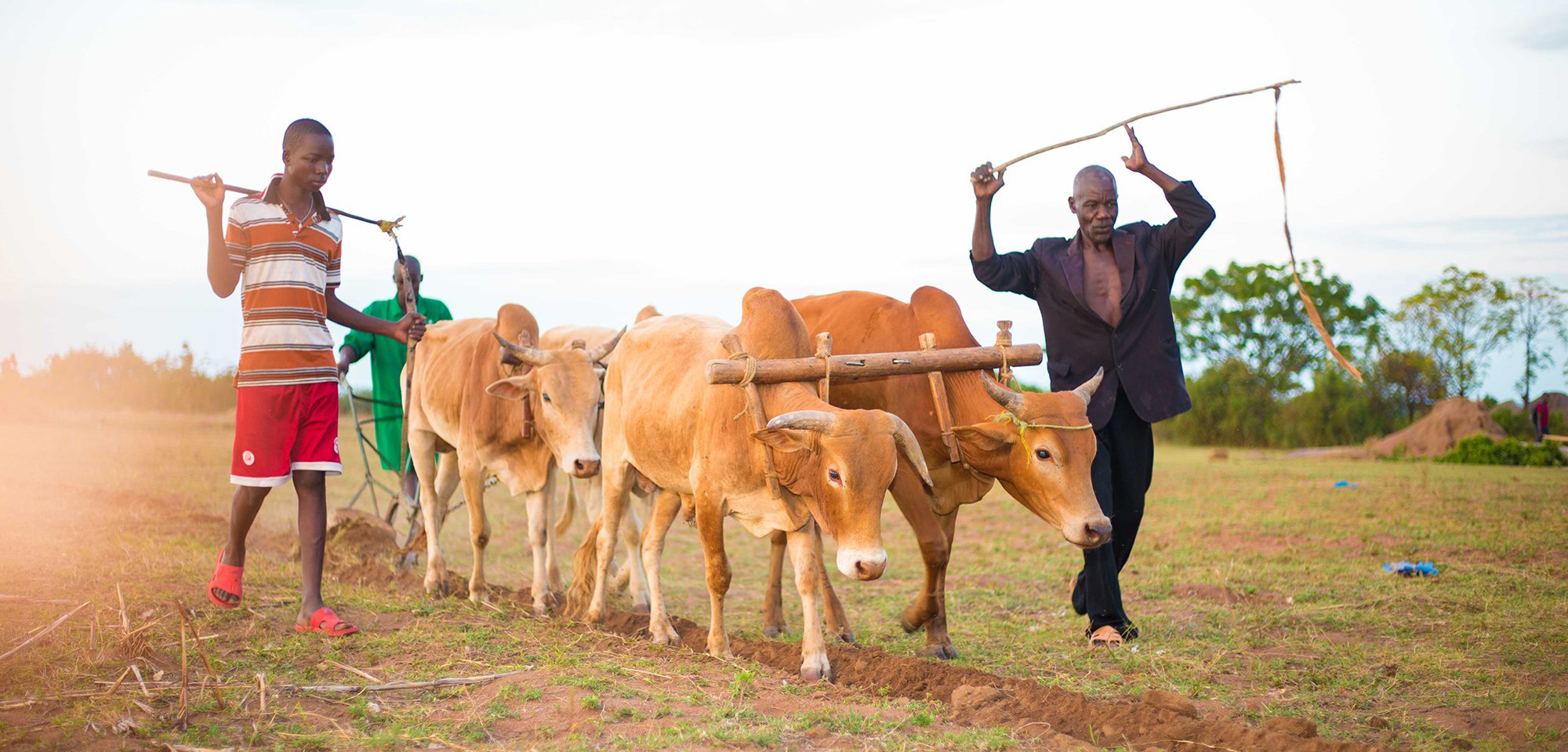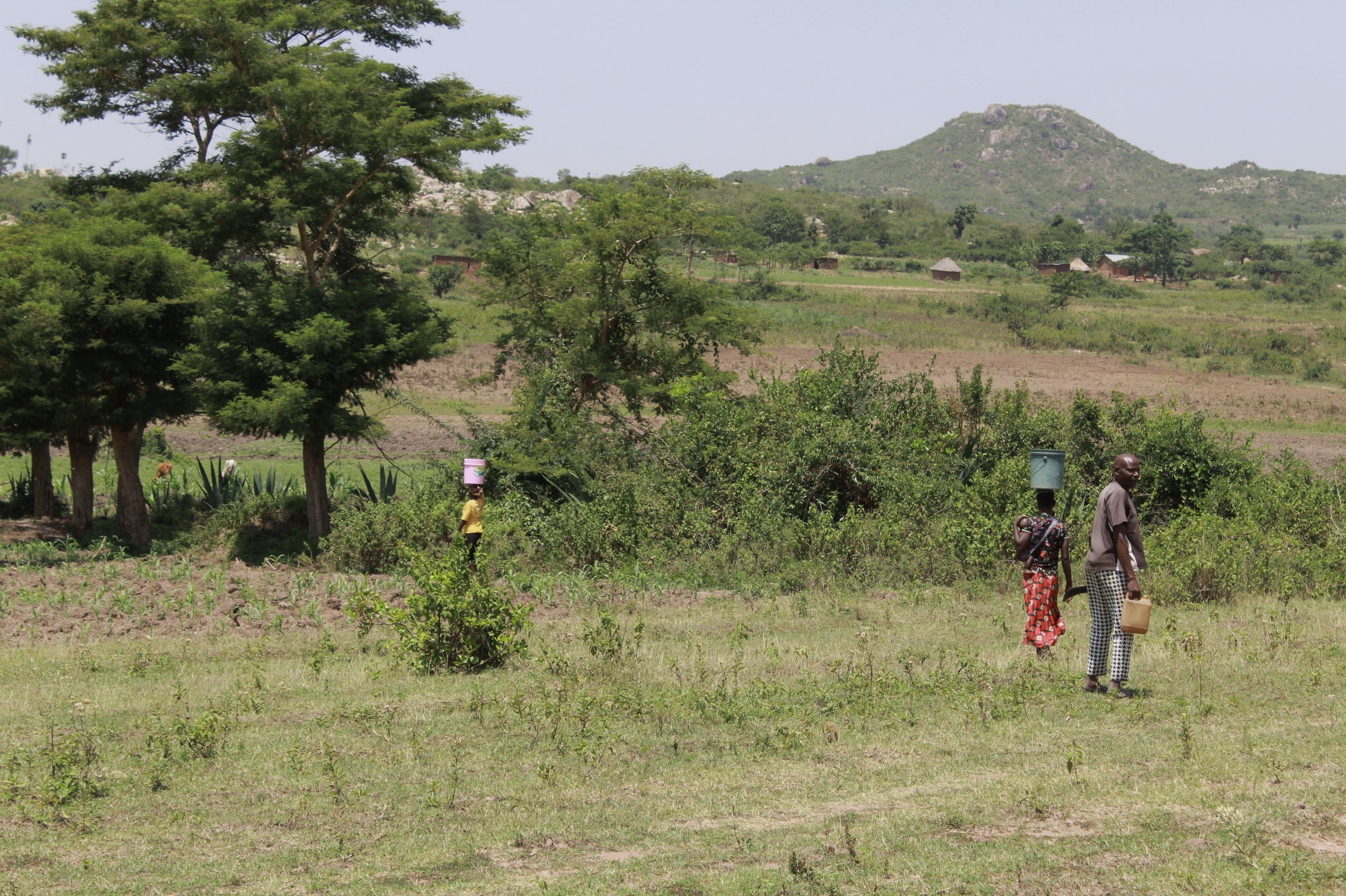
For the past 10 years, Maji Safi Group (‘Clean Water Group’ in Swahili) has successfully provided solutions to helping Tanzanians out of poverty.
Our Project’s Advantages
-
We work in the Rorya District – an area of 3,000 square miles on the shores of Lake Victoria with a population of over 250,000 people.
-
We have many years of experience providing services that help vulnerable people who are living on only a couple of dollars per day.
-
For more than a decade, we have been the proven and trusted provider of health education in hundreds of villages. Additionally, we use through systems to make sure our operations are cost efficient and track our impact and work through contracts, change orders and detailed accounting.
-
A Water, Agriculture, Sanitation and Hygiene Hub (“WASH Hub)” is a one-stop resource for rural communities that puts many essential services under one roof. It is a beacon of hope that is designed to serve several villages with a catchment area of roughly 50,000 people.
-
Investing in Tanzania gets you a great bang for your buck as you are often providing essential services and projects at 1/10 of the cost for the same project in the US. A dollar just goes so much farther there.

Making a difference
In the communities where MSG works, many people live on only a couple of dollars a day, and a middle-income household makes between $150-300 per month.
Improving access to water reduces the physical burden of carrying heavy loads of water often bestowed upon women and children. Similar projects have seen improved health, increased income for women, and increased school attendance for girls.
Similar small-scale agricultural projects have seen households increase their income by nearly 10% due to increased yields. Families enrolled in similar programs have also experienced an increase in assets, creation of new businesses, higher school spending and attendance, and a decrease in hunger.
Similar market-driven sanitation campaigns have catalyzed an increase in latrine construction, which leads to a significant decrease in open defecation, fewer diarrheal incidents among children, improved water sources, and better environmental health.
Just for clarity, there is no direct financial return for supporters of this not-for-profit initiative, but Tanzanian communities will receive a significant return on your investment in the form of improved health and an increased standard of living.


